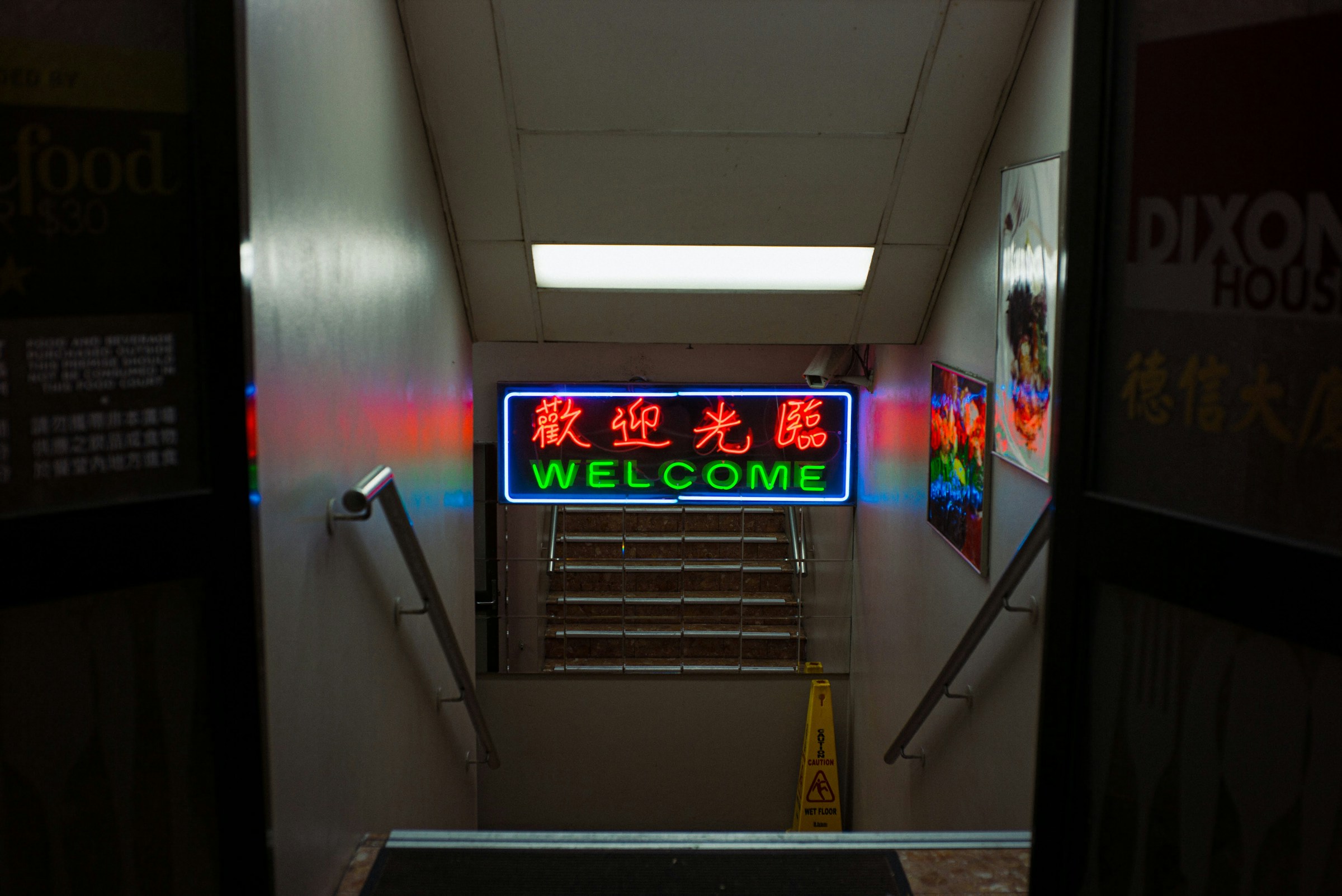Alright, suit up. You’ve got your killer presentation, your market data is solid, and your suit is freshly pressed. You walk into a boardroom in Shanghai ready to do battle, to cut to the chase, to “get to the bottom line.”
And you’ve already lost.
Because a business negotiation in China isn’t a boxing match. It’s a slow-motion ballet where the first ninety minutes are just about deciding if you’re even worthy of being a dance partner. Forget the hard-nosed tactics they taught you in business school. Here, success is built on two pillars: 关系 (guānxi)—your network of relationships—and 面子 (miànzi)—the all-important concept of “face” or social prestige.
Giving face, saving face, and building guanxi is the name of the game. And the language you use is your primary tool. This isn’t just about translating your English proposal; it’s about speaking the cultural language of respect, harmony, and mutual benefit.
So, let’s learn the Guanxi Two-Step. Here are the key phrases that will take you from being just another 老外 (lǎowài)—foreigner—to a respected potential partner.

Phase 1: The Opening Gambit (It’s All About the Schmooze)
Business rarely begins until after the small talk. This is where you build the foundation.
| The Goal | The Phrase (Pinyin) | What It Really Means |
| Show Respect | 幸会, 幸会! (Xìnghuì, xìnghuì!) | “A pleasure to meet you!” This is a step up from a simple Nǐ hǎo. It’s more formal and respectful, perfect for a first meeting. Saying it twice adds warmth and sincerity. |
| The Sacred Ritual | 这是我的名片 (Zhè shì wǒ de míngpiàn) | “This is my business card.” Crucial: Present your card with two hands, with the Chinese side facing up. Accept their card with two hands, study it for a moment with genuine interest, and then place it respectfully on the table, not in your back pocket. This tiny act shows immense respect (gives them miànzi). |
| Lay the Groundwork | 久仰大名 (Jiǔyǎng dàmíng) | “I’ve heard of your great name for a long time.” Is it a bit of an exaggeration? Maybe. Does it work? Every single time. It’s a classic, respectful compliment that shows you’ve done your homework and you respect their reputation. Instant miànzi points. |
Phase 2: The Negotiation Dance (Subtlety is Your Superpower)
Directness can be seen as aggression. The language here is intentionally soft, flexible, and open-ended.
| The Goal | The Phrase (Pinyin) | What It Really Means |
| The Art of “No” | 我们考虑一下 (Wǒmen kǎolǜ yīxià) | “We’ll consider it.” This is the most important phrase you will learn. It is the polite, face-saving way to say “no,” “maybe,” or “I need to discuss this with my team without embarrassing you right now.” A direct “no” (不 – bù) is jarring and causes a loss of face. Kǎolǜ yīxià is your golden ticket to smooth negotiations. |
| Discussing Price | 价格方面, 有没有商量的余地? (Jiàgé fāngmiàn, yǒu méiyǒu shāngliáng de yúdì?) | “Regarding the price, is there any room for discussion?” This is infinitely more polite than saying “Your price is too high!” It opens the door for negotiation without being confrontational. |
| Finding Common Ground | 我们希望能达到双赢 (Wǒmen xīwàng néng dádào shuāngyíng) | “We hope we can achieve a win-win.” The concept of 双赢 (shuāngyíng) or 互利互惠 (hùlì hùhuì – mutual benefit) is huge. Frame your proposal not as what you want, but as a partnership that will benefit both sides. This shows you’re a collaborator, not a conqueror. |
Phase 3: The Closing Ceremony (The Deal is Sealed Over Dinner)
Congratulations, you’ve reached an agreement. But you’re not done. The final step is cementing the relationship.
| The Goal | The Phrase (Pinyin) | What It Really Means |
| Formalize the Future | 希望我们合作愉快 (Xīwàng wǒmen hézuò yúkuài) | “I hope our cooperation is pleasant/successful.” This is the standard, positive closing line for any meeting. It ends things on a high note and looks toward a long-term relationship. |
| The Ultimate Bond | 干杯! (Gānbēi!) | “Cheers!” but it literally means “Dry the glass!” Welcome to the business banquet. This is where the deal is truly sealed. When a senior person toasts you with Gānbēi, it’s a sign of respect, and you are generally expected to drink up. (Pro-tip: The fiery liquor 白酒 (báijiǔ) is potent. Pace yourself, my friend.) |
Learning business Chinese is less about memorizing a dictionary and more about understanding the psychology. It’s about playing the long game. Show respect, give face, propose a win-win scenario, and be prepared for the relationship to be just as important as the contract.
Master these phrases and the philosophy behind them, and you won’t just be closing deals; you’ll be building bridges.
祝您成功! (Zhù nín chénggōng!) – Wishing you success!
